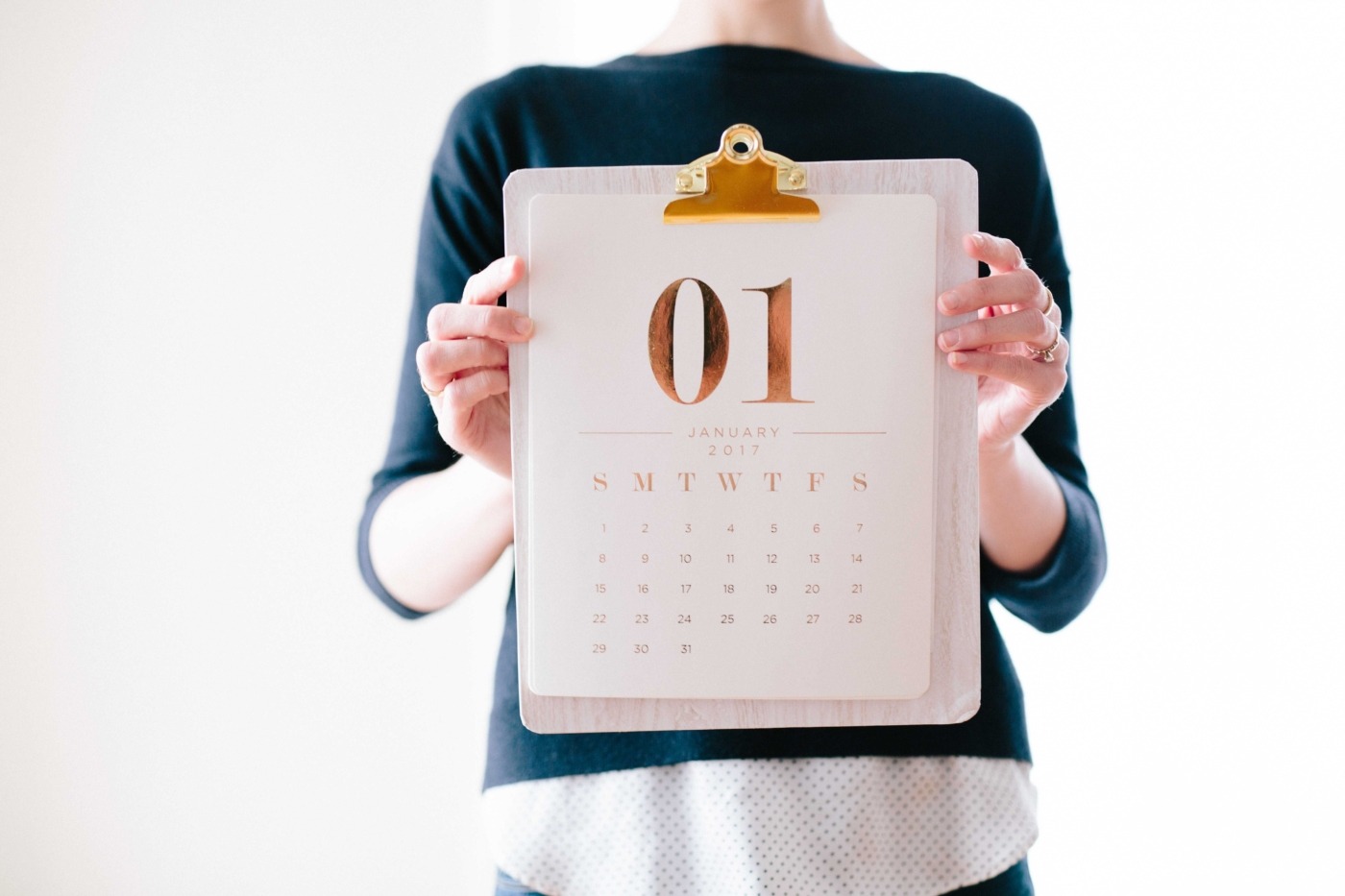Ditching the resolutions
The New Year has rolled in – 2019 is upon us, and everyone has no doubt making their resolutions to be a better person, giving up on their vices or somehow changing their life for the better. And by the time you read this, it’s incredibly likely that, if you made a New Year’s resolution, you’ve likely already given up on it – so why do we bother?
According to YouGov research, roughly a third of UK adults make a New Year’s resolution, and 63% of those who do break their resolutions. 66% of that group give up in less than a month, and I would count myself in that category. Every year, I made a half-hearted promise to myself that I would be healthier (and I’m not alone in that – according to the research, the top three resolutions in the UK are losing weight, getting fitter and eating more healthily). However, on average, those who aim to eat healthier normally revert to their old eating habits after two weeks, and the amount of people who buy yearly gym memberships and attend one or two sessions is notorious to the point of cliché.
I’d like to tell you a personal story. At the end of last year, I was hideously ill – my energy levels were non-existent, and I could barely concentrate on anything. If I walked anywhere, I’d have to sit down within minutes because my legs just didn’t have the strength to support me. I went for blood tests, although they still don’t know what was wrong with me (the doctors are operating on the assumption that my kidneys were mucking me about). Fortunately, now I’m feeling a lot better, and slowly getting back to myself.
Little changes, step by step, are normally the best way to make things stick
I don’t mention this for sympathy, but rather to illustrate a point. I spent a good deal of time looking up my symptoms – could I be diabetic, could it an eye problem, etc.? – and I was terrified about being a burden on my partner if it turned out I was actually ill. In the past, I wasn’t particularly concerned about my health, but now I wasn’t alone – there were two of us to think of. And so, in response, I decided to be healthier and, for the first time in my life, I stuck to it. I walk at least a mile every day, and I eat better. I’ve cut down on sugar and salt, and I barely have fizzy drinks any more. This is not the failed attempt of my New Year’s resolutions in days gone by – this is something I actually want to do.
Let’s be honest about it – if you really wanted to go to the gym more, eat better, spend more time revising or whatever else you choose, you can, but most of us lack the willpower to do so (I count myself in this group). Plus, they’re such grand statements – how do you translate ‘be healthier’ into action? Little changes, step by step, are normally the best way to make things stick, but few people see resolutions like that – it’s cold turkey or nothing, and it almost always winds up being nothing. This is what I’ve always hated about New Year’s resolutions – everyone makes vague platitudes about self-improvement, but who genuinely wants to see them through? And if you fail, there’s always next year. The cycle continues.
New Year’s resolutions are normally arbitrary targets, and there’s not the imperative to actually change, so they almost inevitably fail. If you’re sticking to yours, keep at it – if you have the willpower, you can do it. However, in most cases, touting ‘New Year, new you’ is not going to be enough to carry you over the line.

Comments
Comments are closed here.